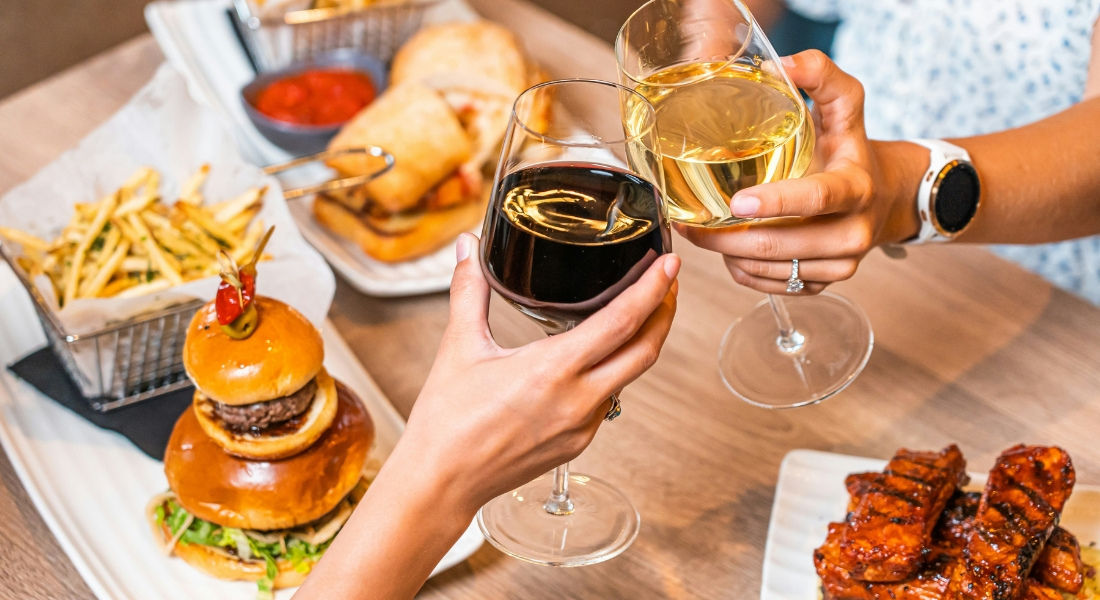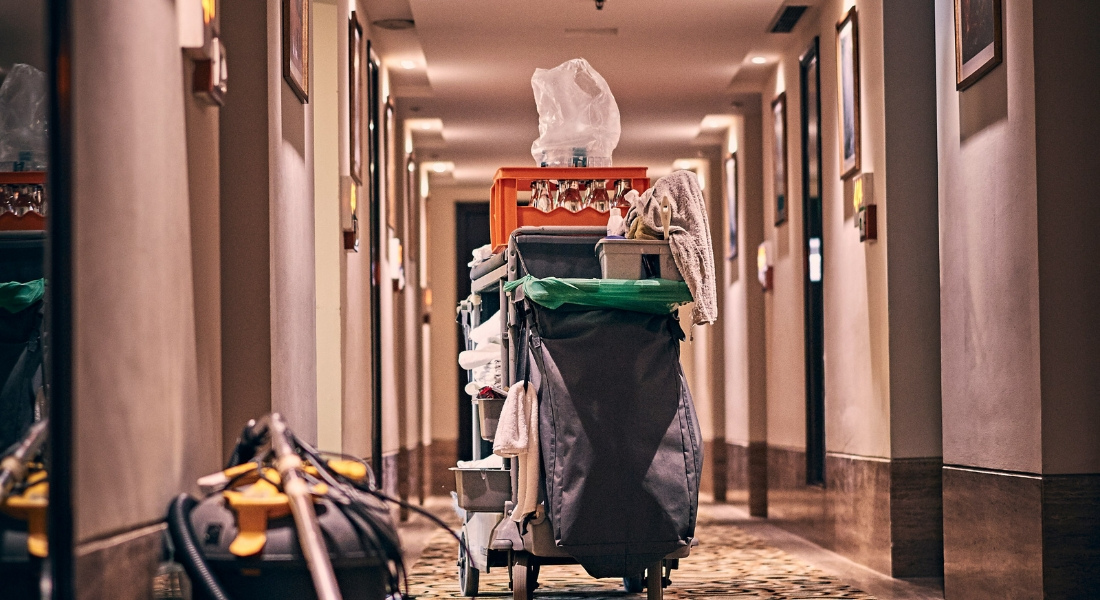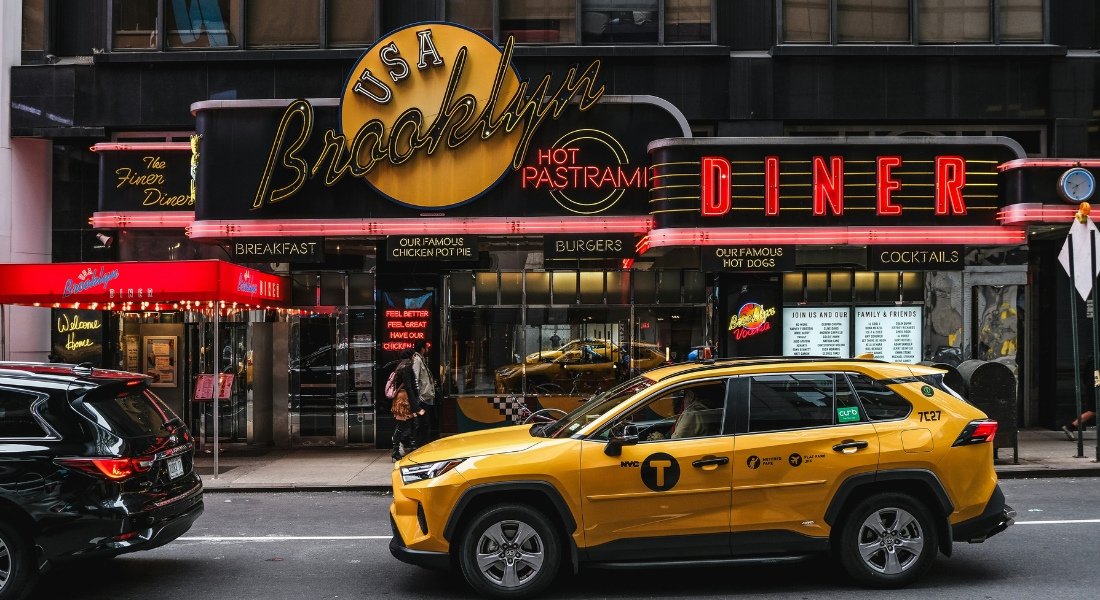In the United States, tipping is a crucial gesture in many services and is an integral part of the culture. Even though tips are not legally required, they represent a significant portion of the income for many service workers. To avoid missteps, here is a detailed guide to help you understand when and how much to tip during your American road trip.
1. Restaurants

Tipping is essential in restaurants, where servers’ base salaries are often well below minimum wage. The norm is to leave between 15 and 20% of the total amount before taxes. In some upscale restaurants, it is not uncommon for customers to leave up to 25% for exceptional service.
Why these percentages? In the United States, servers rely heavily on tips to reach a decent wage. In several states, the minimum wage for tipped workers can be as low as $2.13 per hour. This tip not only rewards the server who served you but may also be shared with other staff members, like hosts or kitchen assistants.
In some cases, notably for large groups (six people or more), restaurants automatically add a tip of 18 to 20% to the bill. Therefore, it’s always good to check the bill before leaving an additional tip.
2. Bars

At the bar, the basic rule is to leave $1 to $2 per drink, whether it’s a beer or a cocktail. However, for more complex drinks, like elaborate cocktails, or in upscale bars, it’s expected to leave a more generous tip, equivalent to 15 to 20% of your total bill.
Bartenders, like restaurant servers, rely on these tips to supplement their income. If you frequent a bar regularly or have a dedicated bartender, leaving more generous tips can also enhance your experience (faster service, special drinks, etc.).
3. Hotels

Tipping is common in hotels and can vary depending on the services received. Here are a few examples:
- Bellhops: $1 to $2 per bag carried, or more if your luggage is heavy or bulky.
- Valet and parking attendants: It is customary to give between $2 and $5 when you retrieve your vehicle. In luxury establishments, a more generous tip may be appropriate.
- Housekeeping: It is common to leave $2 to $5 per day, and it is recommended to do so daily to ensure that the different cleaning personnel receive their share.
Concierges can also receive a tip for specific services, like booking a restaurant or organizing a special activity. There is no strict rule, but leaving $10 to $20 for exceptional service is appreciated.
4. Taxis, Ubers, and Valets

The tip for taxis or rideshare services (Uber, Lyft) is generally 10 to 15% of the total fare, or more if the driver provided additional service (help with luggage, quick pick-up, pleasant driving). Uber and Lyft now include tipping options directly in their app, simplifying the process.
5. Tours and Guides

For guided tours, a tip of $5 to $10 per day per person is often appreciated. This also applies to drivers on bus tours. Tips vary depending on the length of the tour and the level of service provided by the guide. For example, if your guide was particularly informative or entertaining, leaving a higher tip is a gesture of recognition.
6. Delivery Services

Whether for food or parcel delivery, drivers usually expect a tip of 10 to 15%, or a minimum of $2 to $5 for small orders. If the delivery is carried out in difficult weather conditions (rain, snow, extreme heat), it is recommended to leave a little more to reward the extra effort.
For grocery or furniture deliveries, tips vary based on the difficulty of the task. For instance, if the delivery people have to climb several flights of stairs or handle heavy objects, it’s common to leave between $10 and $20.
7. Hairdressers, beauty salons, and other services

Hairdressers, estheticians, and other personal service professionals also expect tips, generally between 15 and 20%. For luxury services, such as in spas or high-end salons, a more generous tip can be a nice way to show your appreciation.
Good to know

1. Electronic payments and tips
Payment terminals in the United States make your task easier by offering predefined tip percentages. You will often see options ranging from 15 to 25%, allowing you to quickly choose without having to do complex calculations. By opting for higher percentages, you not only show your appreciation but also help ensure a fair income for employees.
2. Regions and local practices
Tipping practices can vary slightly by region, which is a good thing to keep in mind during your USA road trip. For example, in cities like New York, San Francisco, or Los Angeles, where the cost of living is higher, a tip of 20% or more is often expected, especially in high-end restaurants or bars. In rural or less touristy areas, expectations may be a bit more flexible, but it is always appreciated to leave a tip when you receive good service.
3. Exceptions to the rule
It is important to note that some establishments, such as fast-food places or all-you-can-eat buffets, do not necessarily require a tip. However, if you receive special service, such as help with your tray or food brought to your table, it is courteous to leave a small tip (around 5 to 10%).
4. The case of groups
If you are travelling in an organized group, the tip may already be included in some services. Check with your point of reference to know when you will need to tip.
Whether you are just visiting or living in the United States, understanding the tipping culture is essential for navigating the various services courteously. A generous tip not only pleases the service provider but also helps make their work viable in a system where they heavily depend on this additional income.

